

Good morning 
Are you ready to dive headfirst into Africa’s tech revolution?
Moonshot 2024 is your ticket to the future. Imagine networking with industry titans, discovering groundbreaking startups, and soaking up the vibrant energy of Lagos. And the best part? Sochitel has us covered with prepaid eSIMs so we can stay connected and focused on what matters most – making connections and seizing opportunities. Let’s make this happen!
Secure your spot now for two days of inspiration, networking, and innovation.

Banking
What caused the Sterling Bank outage?
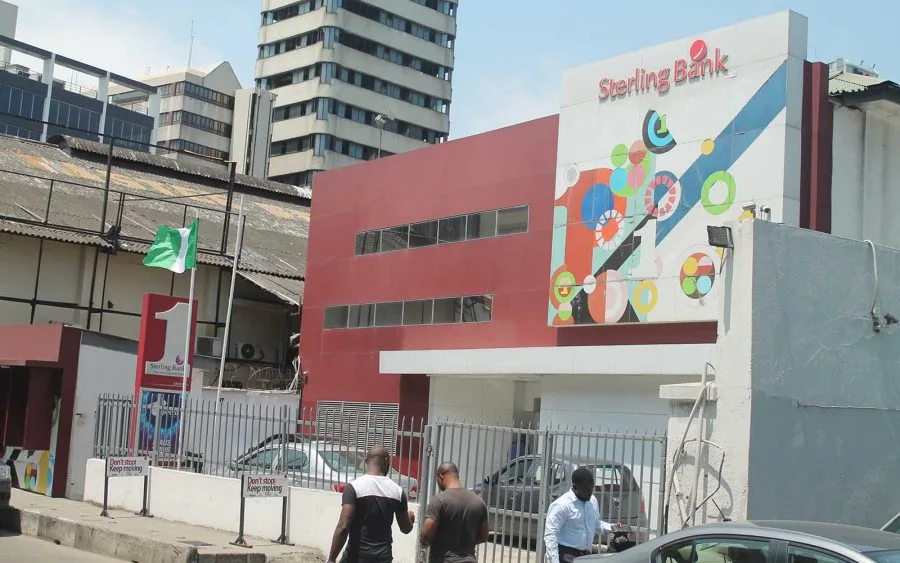
Since August 30, over 3 million Nigerians have been asking one question: why is Sterling Bank, a Nigerian tier-2 bank, inaccessible?
TechCabal reported that the week-long outage was caused by the bank’s switch to a new core banking application (CBA). The bank switched Temenos T24 to SEABaaS, a custom-built software. This is Sterling Bank’s third migration since 2016.
CBAs are back-end systems that handle banking transactions and financial records. And software migrations typically happen in banking. Depending on the approach taken and the complexity of the upgrade, CBA migrations take anywhere from weeks to months, or even a year to complete.
Usually, the tipping point for banks to migrate their software is often to balance the operating cost versus the effort in maintaining their software. Other times, it is intended to migrate the banking platform to a more secure base.
Sterling Bank has promoted this new development on X, calling it a “masterpiece.” However, customers have been unable to use their bank apps or access banking features.
This frustrated many Nigerian users who got stuck simply trying to use their mobile app to send money. Worse, some of them tried unsuccessfully to access salaries from employers paid during the last week of the month.
Sterling Bank will join other financial institutions like Kuda and Moniepoint that use custom-built CBAs. The overall feeling in the camp is that the new software will improve Sterling Bank’s performance, and make operations more scalable or better suited to its banking needs than what it previously had.
Read Moniepoint’s 2024 Informal Economy Report
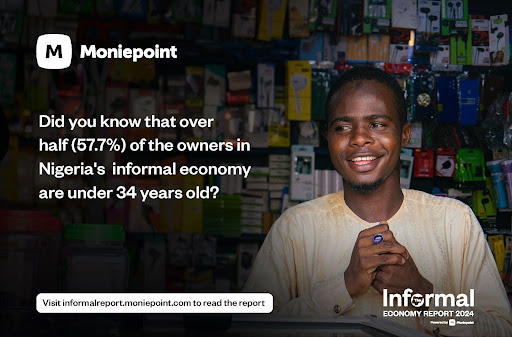
Did you know that 57.7% of the business owners in Nigeria’s informal economy are under 34 years old? Click here to find out more about the demographics of Nigeria’s informal economy.
Economy
Nigeria’s central bank sells dollars to BDCs dollar at ₦1580/$
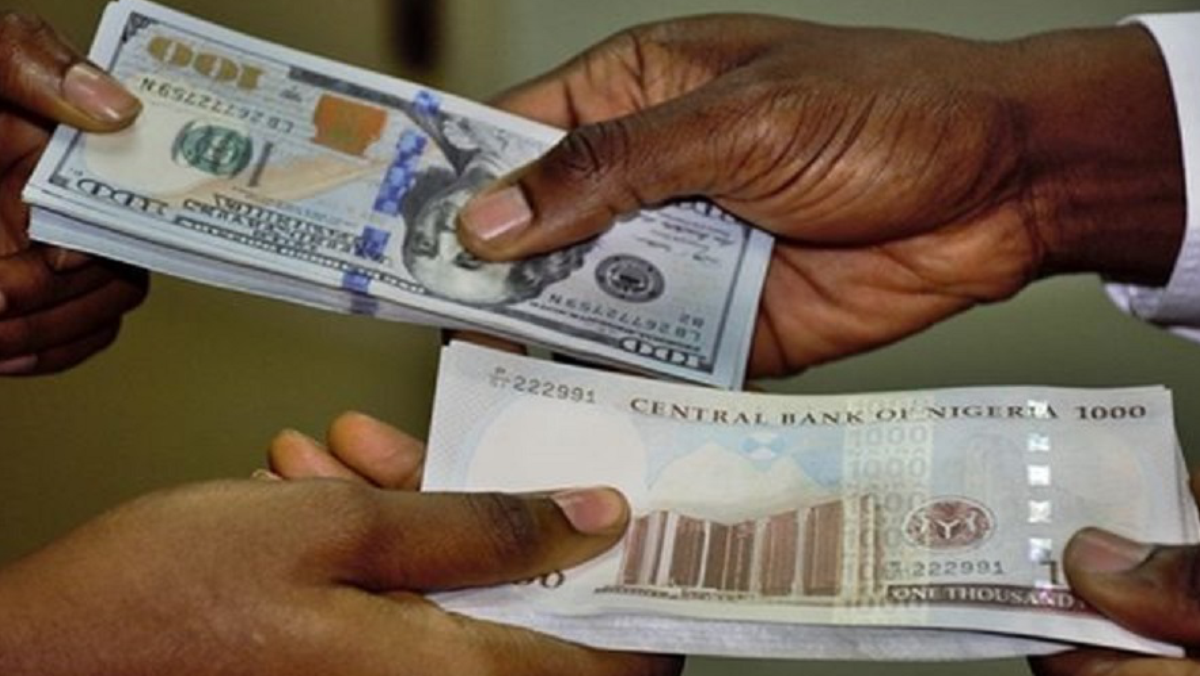
Nigeria’s central bank (CBN), in its continuous effort to stabilise the country’s volatile exchange rate, has sold US dollars to Bureau de Changes (BDCs) at a rate of ₦1,580/$.
As part of its current strategy to increase liquidity, the CBN provided each eligible BDC with $20,000 in forex while mandating that they can only sell to end-users at a maximum 1% markup. This means BDCs must sell dollars at no more than ₦1,595.8/$1, retaining a profit of only ₦15.8 for every dollar they sell.
CBN has opted to keep a keen eye on BDCs. It banned forex sales to BDCs in 2021. Their frequent, sometimes large-volume dollar trades in the parallel market, were allegedly a conduit for illicit forex flows to happen, according to former CBN chief, Godwin Emefiele. The uncontrolled parallel market caused an uneven demand and supply of forex.
However, following the lifting of the ban on BDCs early this year, CBN has been closely monitoring BDC operations. In February 2024, it revoked the licenses of 4,173 BDCs, leaving an estimated 1,500 active operators. It has since resumed selling forex to these active operators and mandating profit margins they can sell at.
BDCs cannot exceed these margins. With this tighter oversight, the CBN is hoping to stabilise the naira by reducing currency demand and supply imbalances that have upended it for so long.
Fincra secures International Money Transfer Operator (IMTO) licence in Nigeria
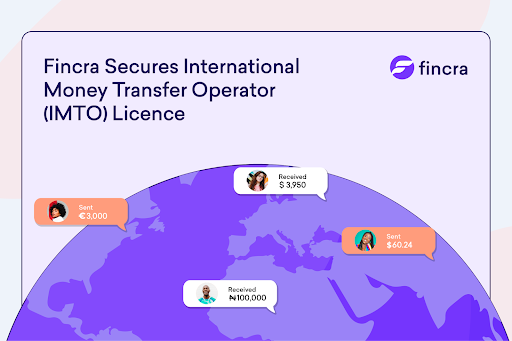
Since its inception, Fincra has provided businesses with local payment options. However, with the IMTO licence, Fincra can now manage funds transfers from abroad to Nigerian recipients more efficiently. Read more here.
Fintech
Nigerian neobanks to deduct ₦50 levy
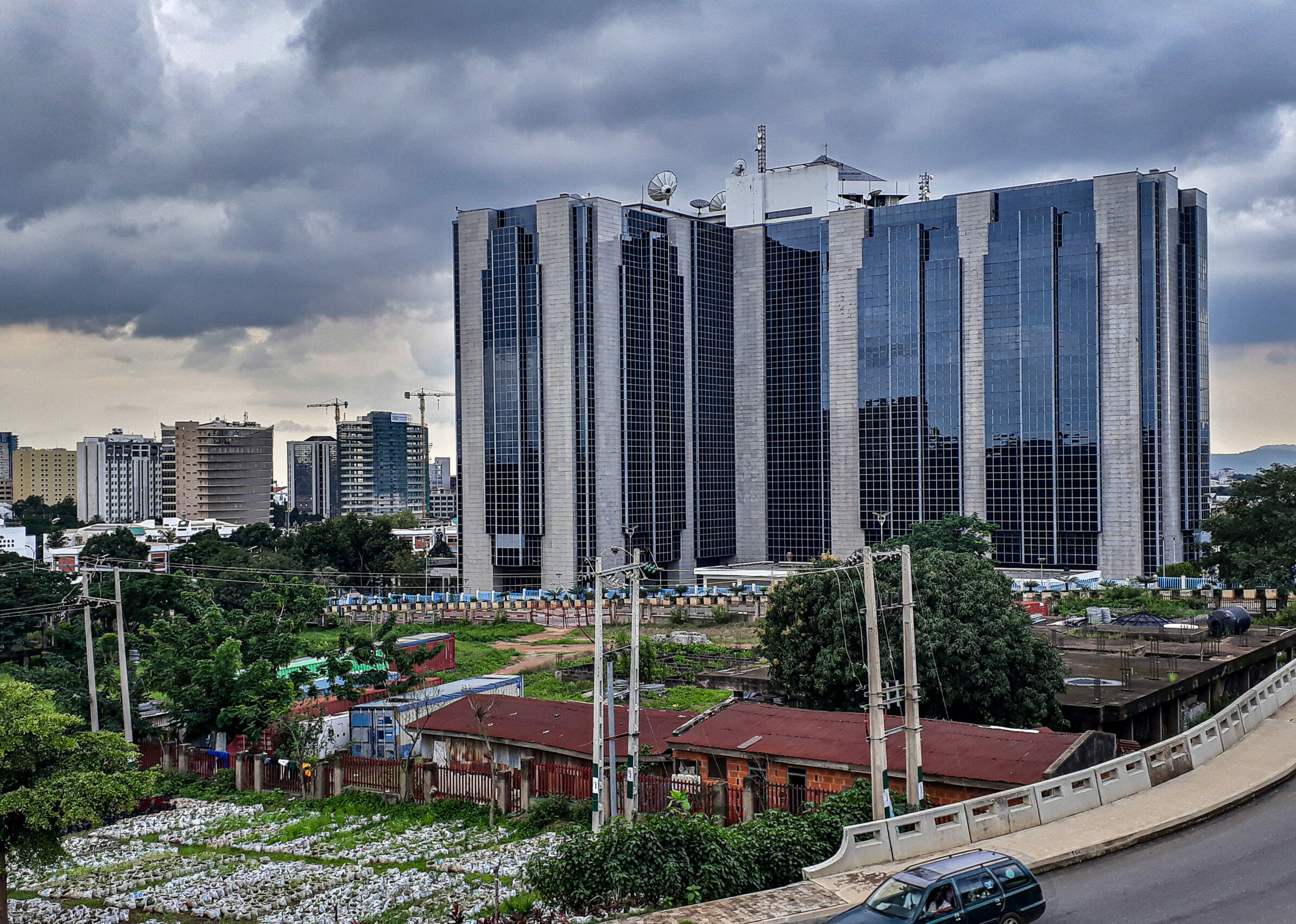
Digital banks or Neobanks launched with a promise to make bank transfers almost instant and free (or at a lesser cost when compared to traditional banks). Kuda Bank, one of Nigeria’s top neobanks for example, offered 25 free transfers per month to its customers. This appeal allowed neobanks to rack up customers quickly. Although users still maintained accounts with traditional banks, they used the neobanks to move money around and conduct daily transactions.
However, neobank customers might start bearing the weight of their transactions.
Starting today, fintechs will charge a ₦50 Electronic Money Transfer Levy (EMTL) for transactions between ₦10,000 ($6) and above.
The EMTL was introduced in 2020 as part of Nigeria’s Finance Act 2019 to generate revenue for the government. The country’s tax collector, the Federal Inland Revenue Service (FIRS), first imposed the levy on deposit money banks in December 2023. In January 2024, the EMTL was charged on all foreign currency transactions.
Although the government’s delayed application of the EMTL to fintech has raised eyebrows, applying the same levy to both traditional banks and fintech follows the principle “what is good for the goose is good for the gander”.
Given that traditional banks have been subject to this levy, it’s logical to extend it to fintech. The EMTL continues a round of increased regulation for neobanks.
Paystack Virtual Terminal is now live in more countries
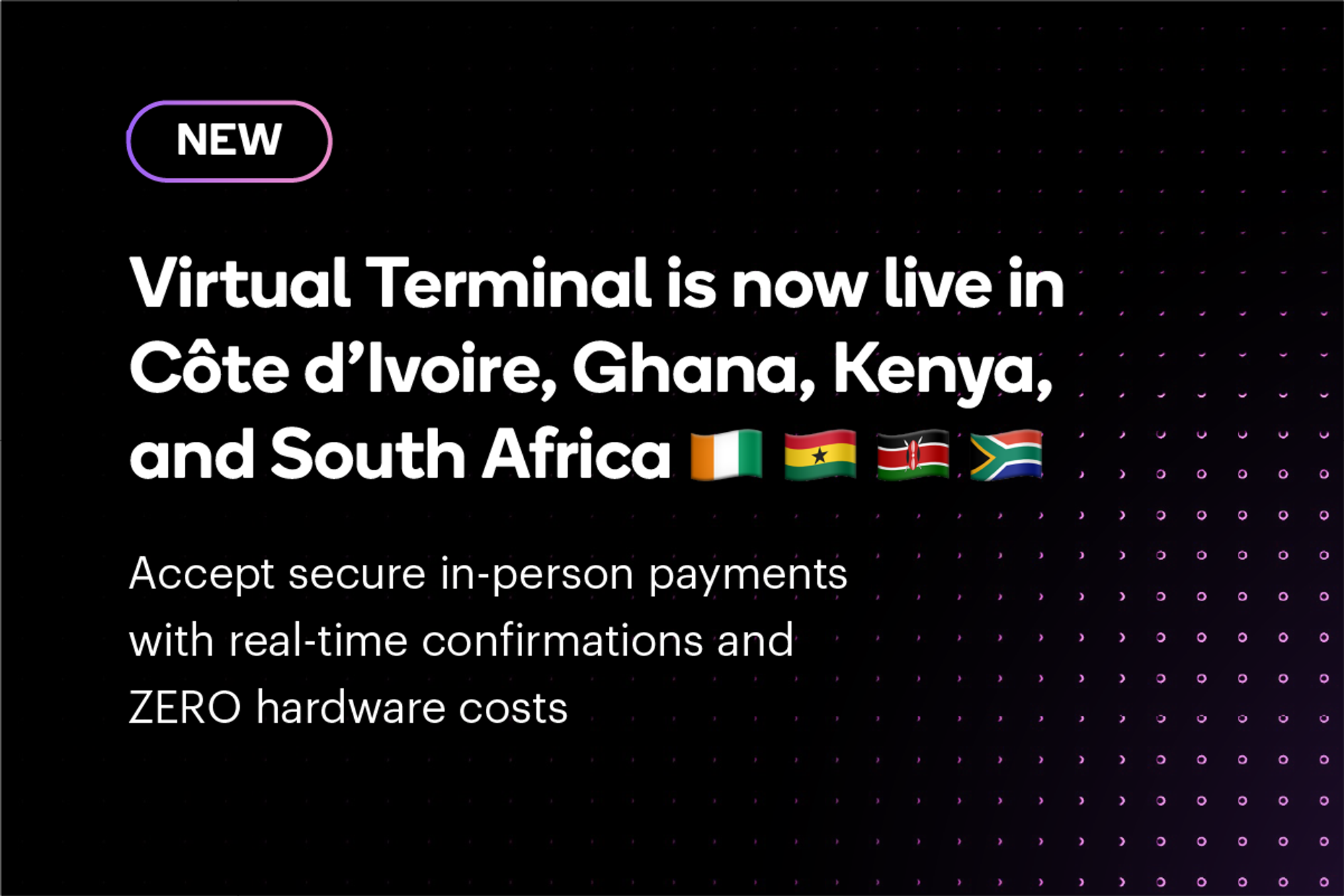
Paystack Virtual Terminalhelps businesses accept secure, in-person payments with real-time WhatsApp confirmations and ZERO hardware costs. Enjoy multiple in-person payment channels, easy end-of-day reconciliation, and more. Learn more on the Paystack blog →
Energy
Nigeria to build first LNG Plant

Nigeria produces 1.5 million barrels of crude oil daily—the largest oil producer in Africa and the ninth largest globally. While the country will now be able to process its crude oil locally thanks to the Dangote refinery, it is also taking steps to tap into its petroleum by-products.
Nigeria has more than 209 trillion cubic feet of gas reserves. Yet, it loses about $1 billion annually due to its inability to convert these gas reserves to liquid natural gas (LNG)—a clean-burning fuel that can be used to generate electricity in power plants.
That’s about to change Nigeria’s oil regulator approved UTM Offshore Limited to build the country’s first floating liquefied natural gas facility.
UTM was first granted a license to build a 1.2 million tons per annum facility in 2019, but it was upgraded to 2.8 million tons due to increased demand for LNG in the market.
The UTM offshore-approved plant will produce 2.8 million metric tons of LNG yearly. The vessel will use flared gas from an ExxonMobil oil field in Akwa Ibom. The facility will produce LNG, 500,000 metric tons of liquefied petroleum gas for the domestic market, and condensate.
The project will be funded by Afreximbank. The bank already secured $2.1 billion in financing the first phase of construction and committed $3 billion for the second phase.
The project is expected to be commissioned in 2028, with the first gas production a year later.
CRYPTO TRACKER
The World Wide Web3
Source:

|
Coin Name |
Current Value |
Day |
Month |
|---|---|---|---|
| $54,708 |
+ 0.43% |
– 9.20% |
|
| $2,291 |
– 0.14% |
– 11.59% |
|
|
$4.89 |
+ 3.89% |
– 27.08% |
|
| $128.34 |
– 0.01% |
– 16.32% |
* Data as of 06:10 AM WAT, September 9, 2024.
Events
- Big Cabal Media – Sales Operations Lead, Deputy Editor (Zikoko) – Lagos, Nigeria (Hybrid)
- Paystack – Finance and Strategy Specialist – Lagos, Nigeria
- Pandora – Content Manager, Creative Designer, Social Media Strategist – Lagos, Nigeria (Remote)
- Mobalytics – Gaming and Research Interns – Africa (Remote)
There are more jobs on TechCabal’s job board. If you have job opportunities to share, please submit them at bit.ly/tcxjobs.
Read the guide on how to build a fintech in Africa
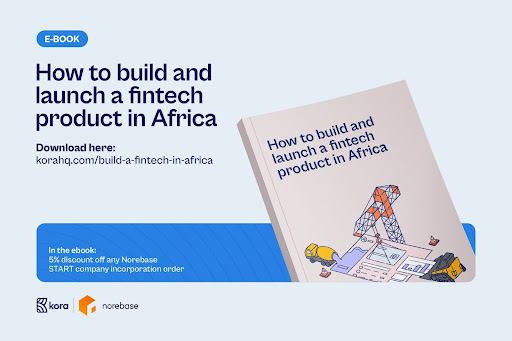
To build a fintech in Africa, you must navigate complicated regulatory regimes, incorporate in each market, get the right licences, and use the right technology stack. Kora and Norebase put everything you need to build in this guide. Check it out.

Written by:Faith Omoniyi & Emmanuel Nwosu
Edited by: Olumuyiwa Olowogboyega & Timi Odueso
Want more of TechCabal?
Sign up for our insightful newsletters on the business and economy of tech in Africa.
- The Next Wave: futuristic analysis of the business of tech in Africa.
- Entering Tech: tech career insights and opportunities in your inbox every Wednesday at 3 PM WAT.
- TC Scoops: breaking news from TechCabal
P:S If you’re often missing TC Daily in your inbox, check your Promotions folder and move any edition of TC Daily from “Promotions” to your “Main” or “Primary” folder and TC Daily will always come to you.

from TechCabal https://ift.tt/2zQu8Wl
via IFTTT




 Entering Tech #73: How Maryann Onuoha is driving growth with tech events
Entering Tech #73: How Maryann Onuoha is driving growth with tech events
Write your views on this post and share it. ConversionConversion EmoticonEmoticon